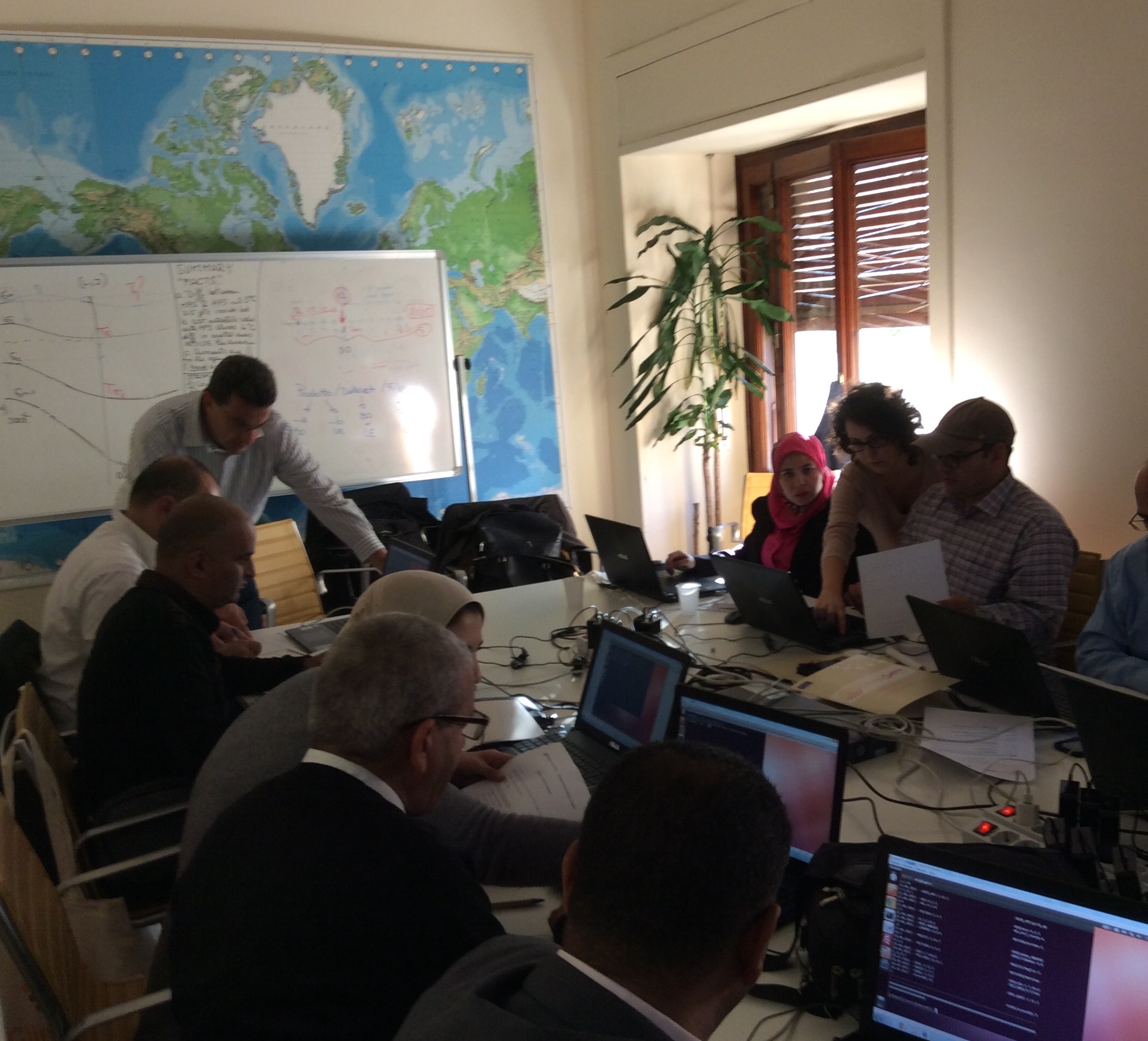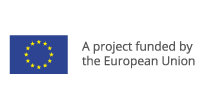ClimaSouth 2nd Regional Downscaling / Impacts Workshop
 The 2nd Regional ClimaSouth Downscaling / Impacts workshop was conducted during November 2nd – 6th 2015.
The 2nd Regional ClimaSouth Downscaling / Impacts workshop was conducted during November 2nd – 6th 2015.
Like the first workshop, the Euro-Mediterranean Centre on Climate Change (CMCC) served as the lead technical partner, and the workshop was held at CMCC offices in Lecce, Italy. Through a combination of lectures and hands-on exercises and analyses, this 2nd workshop addressed participant knowledge gaps in the understanding of the technical downscaling process and in the use of downscaled information for impact and vulnerability assessment.
Participants were drawn from national climate and agriculture/water sector communities. Material covered the climate change and climate variability (seasonal forecast) timescales of information, and how each could contribute to enhanced societal adaptation strategies in the presence of a changing climate. For climate change analyses, participants used examples of dynamically downscaled scenarios drawn from the archive of CORDEX experiments, and were assisted in the application of a range of bias-correction approaches. These bias-corrected data were applied to downscaled 21st Century scenarios to assess the implied impacts (such as changes in water requirements for agriculture), and discussions emphasized the role of the high resolution impact / vulnerability assessments to inform adaptation. Participants had been assisted prior to the workshop in the design and initial analysis of a downscaling / impact case study (targeting drought indices or the actual application of impact models) for a domain and impact problem of their choice in the agriculture or water sectors.
 During the workshop, each participant team consolidated their analyses under the supervision of the workshop trainers. Each team presented their work in the context of broader climate change national issues, and in some cases, considered how the analyses could form the basis for more substantial proposals to support national vulnerability assessments and adaptation strategy development. Participants emphasized the importance of further analyses especially to better assess uncertainties, and the value of sharing experiences across the region in such assessments, with a desire to build on the sharing process that had been initiated by this series of two workshops.
During the workshop, each participant team consolidated their analyses under the supervision of the workshop trainers. Each team presented their work in the context of broader climate change national issues, and in some cases, considered how the analyses could form the basis for more substantial proposals to support national vulnerability assessments and adaptation strategy development. Participants emphasized the importance of further analyses especially to better assess uncertainties, and the value of sharing experiences across the region in such assessments, with a desire to build on the sharing process that had been initiated by this series of two workshops.



